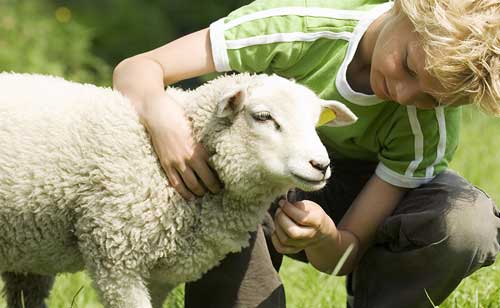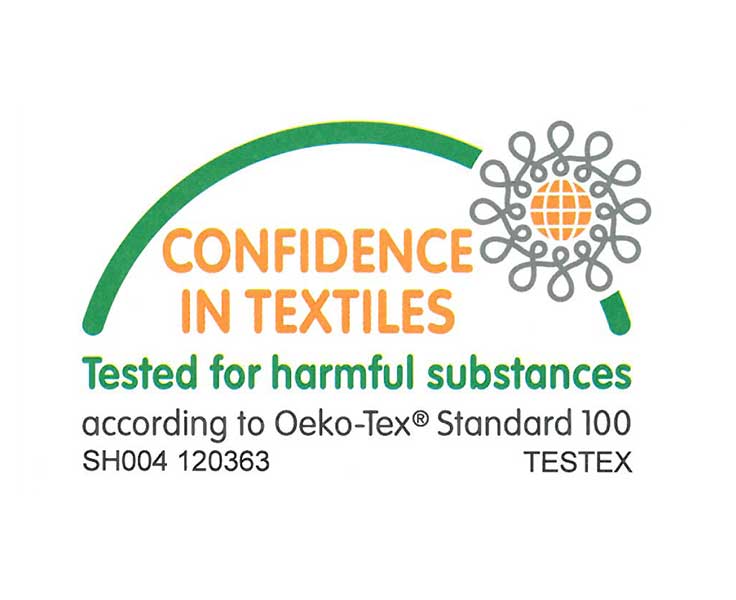In addition to continuously striving to be the best supplier in term of product quality and customer service in the wool manufacturing industry, today the notion of sustainability is at the forefront of New Chuwa's strategy.
New Chuwa sustainability strategy is based on three main defining principles which include environmental, social and economic sustainability.
With regard to environmental sustainability New Chuwa works closely with the chemical and dyestuff manufacturing industry as well as textile engineering and machinery companies, to address issues relating to chemicals, energy and water (CEW), aimed at adapting manufacturing processes which are more environmentally friendly, and longer term will have a less negative impact on the environment, and at the same time will preserve resources.
New Chuwa is constantly evaluating new more environmentally friendly textile processing chemicals and dyestuffs, but at the same time ensuring that their high-quality standards of their products are met. In addition, whilst doing so take into consideration economic sustainability, ensuring that any processes or products can be realistically incorporated into existing markets.
.jpg) |
 |
When it comes to Energy and Water, the aim is to reduce both. By initially focussing on reducing water consumption, this has a triple benefit, i.e. Less water usage, less volume of effluent and less energy used in raw wool scouring to heat the wash liquors.
New Chuwa continues to invest in waste water treatments, to improve the quality of liquid effluent which is discharged, as well as investing in greener and more efficient systems to provide energy.
When it comes to social sustainability, New Chuwa practices a policy of fairness among its own staff, suppliers and customers alike, avoiding any exploitive practices which may be beneficial to some but at the same time detrimental to others.
In 2011 New Chuwa became the first Chinese wool manufacturing company to be awarded the EU Ecolabel certificate, and in 2017 became one of the first wool top making companies to be RWS (Responsible Wool Standard) accredited by the Textile Exchange organisation.
 |
.jpg) |
.jpg) |
